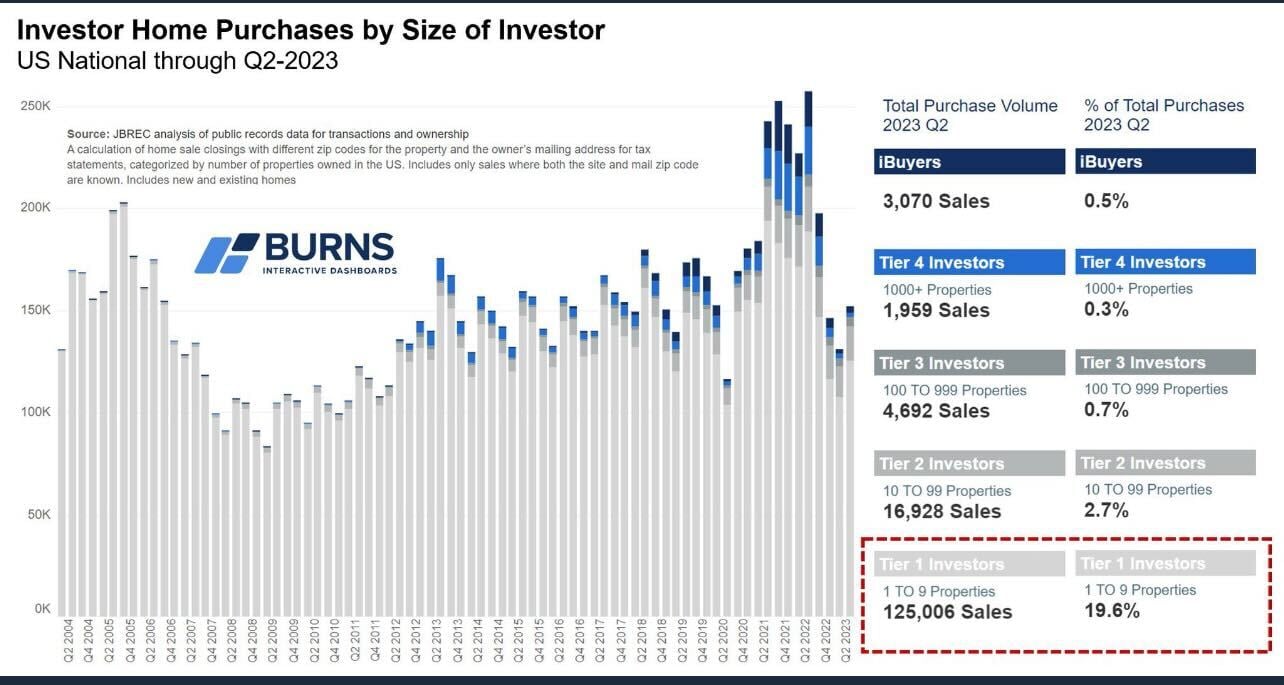This would be a much better policy than OP's "over 10", since 82% of investment home purchases in Q2 2023 were to those with 9 or fewer houses. Investment purchases made up about 24% of all home purchases.

cheesebag
Wrong. Democrats consistently support & pass RCV, while Republicans repeal & ban it. If you want RCV, you need to support Dems in the meantime.
Democrats consistently support & pass RCV, while Republicans repeal & ban it. If you want RCV, you need to support Dems in the meantime.
Democrats pushed through RCV in all these states and North Carolina, before Republicans repealed it. If you want RCV, if you want the option of a viable third choice, you need to vote Democrat in the meantime.
3rd parties in the US are impossible while we still have first past the post voting. One party has consistently been the one to support & pass RCV, while the other has consistently repealed & banned it. Guess which is which?
If you want 3rd parties to be a viable option, you need to vote Democrats. And more on the ground activism, I agree with you there
Interesting. How soon after an inversion does a recession need to happen for it to be considered "predicted"? It looks like the longest in your chart is the recession ~2 yrs after the 1978 inversion. The most recent inversion was July 2022. If we're not in recession by this summer, will that still be "predicted"? 2025? 2026?
Very interesting thanks!
From this graph, it looks like you're suggesting the 2019 yield curve inversion predicted the 2020 coronavirus recession?
Source
In 1992, Ross Perot got about 20% of the popular vote as a third party candidate. How did that "help get away from a 2 party system"? That's not a rhetorical question, I'm curious.
What "lesson" do you think the DNC learned in 2016?
What's your plan to institute ranked voice voting & national popular vote?